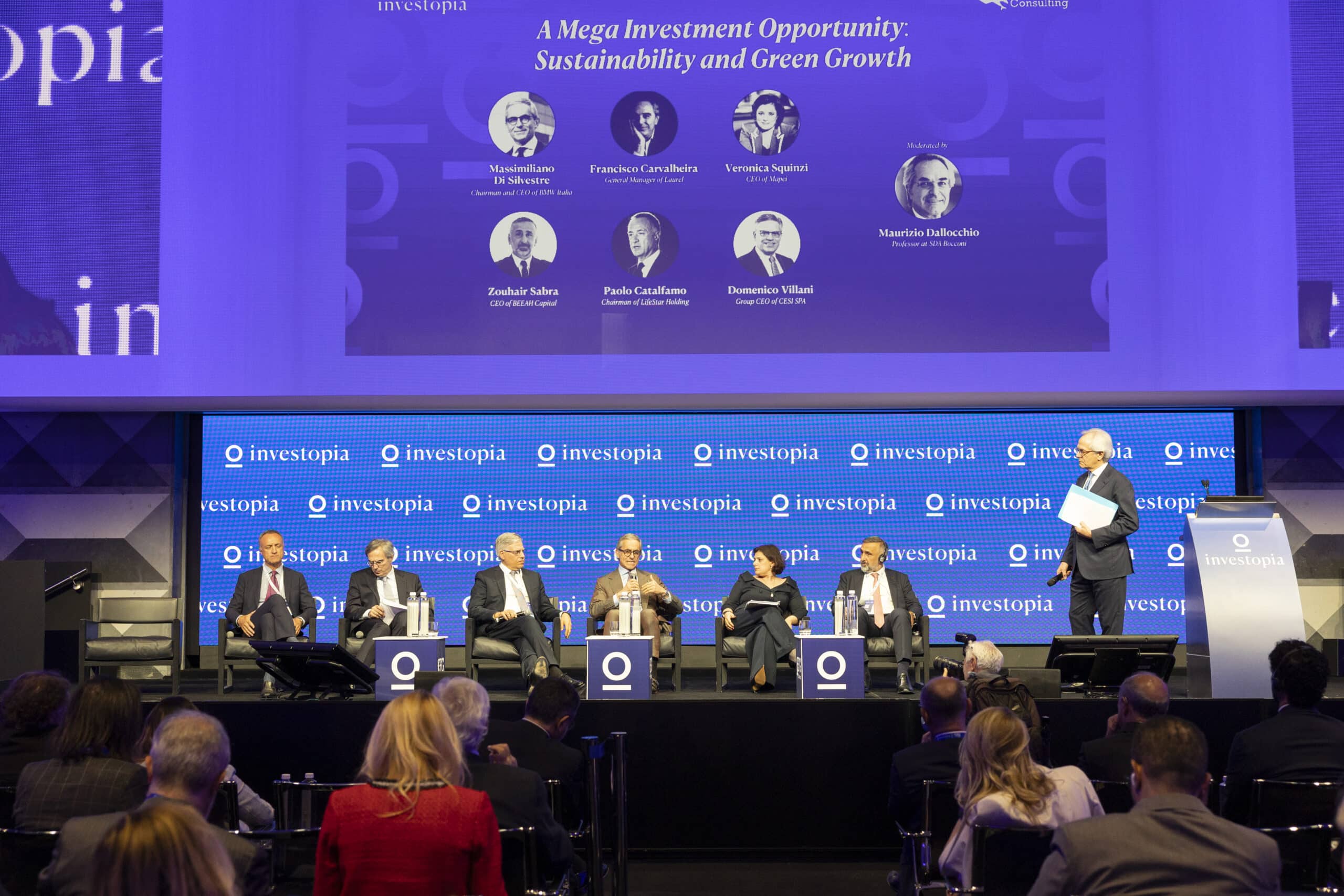Key Takeaways
- The Middle East and North Africa (MENA) region are ready for a takeoff moment in the tech industry, as the region has witnessed a rise in entrepreneurial activity and funding initiatives over the past few years.
- The introduction of sovereign wealth funds in the MENA tech economy has been a seminal moment in the industry's evolution.
- Countries like the UAE, Qatar, and Kuwait have launched VC funds to support tech startups in the region.
- Many post-COVID deals in the MENA tech industry have come from international investors through foreign direct investment (FDI). This influx of funding is a testament to the region's growth potential.
In this marketplace session entitled “VC Talks MEVP | FDI in MENA Tech,” Walid Mansour, Partner at MEVP, spoke about the evolution of venture capital in the MENA region. Mansour emphasized the industry’s readiness for larger scale-ups and used a timeline to illustrate the industry’s evolution.
MEVP, one of the first venture capital companies in the Arab world, has six offices around the region, predominantly in the GCC, Pakistan, and the broader African region. According to Mansour, the dawn of venture capital in the MENA region can be traced back to 2000, with the launch of Maktoub, later bought by Yahoo, marking the first VC exit. This event made it clear to entrepreneurs in the region that building a $116 million tech company was possible.
Fast forward to 2015-16, the industry witnessed a significant take-off, with the introduction of the first sovereign wealth funds, including the likes of Mubadala, to launch a VC. This development marked a seminal moment in the evolution of the industry. The region started witnessing mega-rounds, with companies such as Fresha born in the Middle East. In 2018, the first IPO in the region took place.
Mansour emphasized the importance of having major tech players like Amazon, Meta, and Google in the region. These companies provide training and support for the local workforce, contributing to the industry’s readiness.
The MENA region’s internet population grew three times in nine years from 2011-20, and the Arabic language is widely spoken across the region. However, the region needs to catch up in internet readiness, with only 0.07% of VC funding compared to the size of the economy, which is significantly lower than in the US and China.
Mansour stressed that the digital economy in the region is still nascent and has a long way to go. He projected that the region will receive $566 billion in investment by 2030, indicating that there is still significant potential for growth.
Overall, Mansour’s presentation painted a picture of a region that has come a long way regarding venture capital and tech entrepreneurship. While there is still much work to be done, the region’s potential for growth is clear, and there are plenty of opportunities for investors looking to get involved in the industry.











